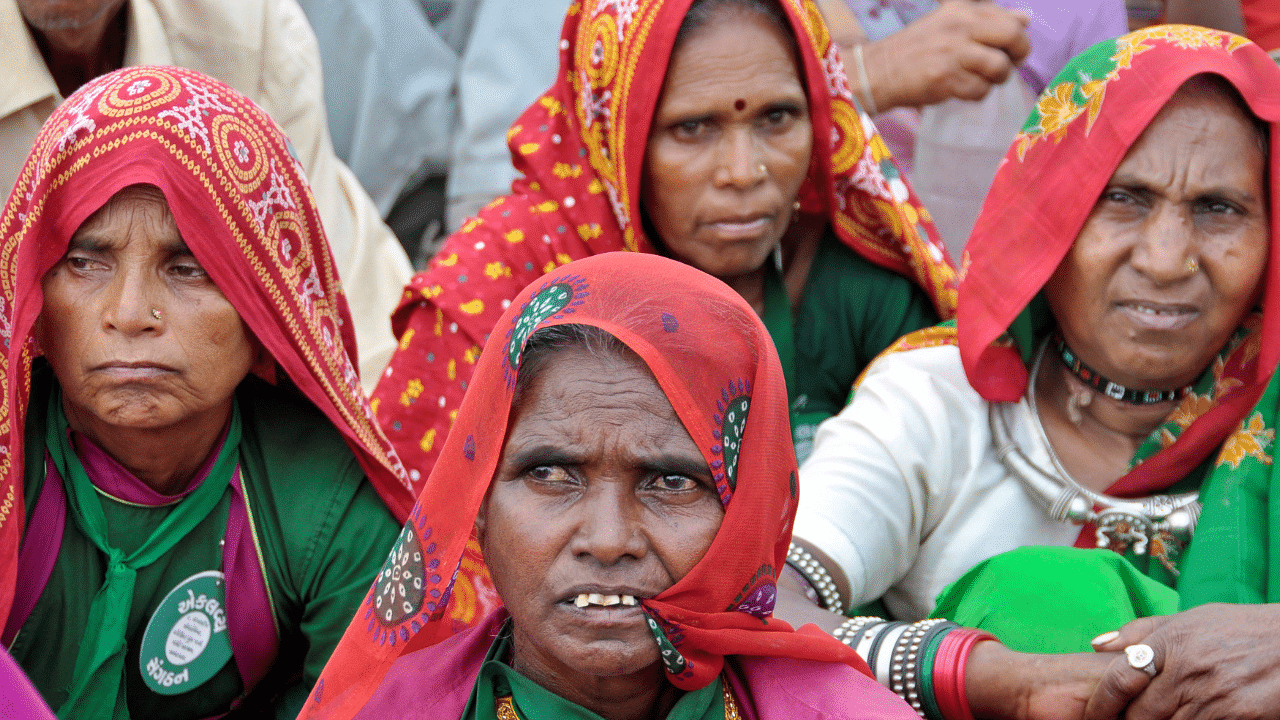
Attapadi, India’s first tribal block, located among the hills adjoining the Silent Valley National Park in Kerala is home to the Irula, Muduga and Kurumba Adivasi communities. In 2013, reports about infant deaths in Attapadi caught national attention. That this happened in Kerala, globally renowned for the good health and wellbeing of its population, added to the shock.
Both the Centre and the state governments swung into action with targeted schemes and a special financial package to reverse the alienation of the Adivasi communities and improve their health status. However as recent reports indicate, despite all these measures, the spate of infants continues.
Since 2013, a lot has changed in the local health system in Attapadi. Currently, there is a well-functioning Tribal Speciality Hospital, a Community Health Centre, three Primary Health Centres and twenty-eight sub-centres spread across Attapadi. All health facilities are staffed with several medical officers, Nurses, ASHAs etc.
The Tribal Speciality Hospital has multiple specialists. All healthcare, both in-patient and outpatient’ is provided completely free with even indirect costs such as travel expenses, food etc. being reimbursed. Despite all these measures, why does infant mortality continue to haunt this tribal block?
Recent news reports and researches conducted in Attapadi have shown that community engagement and ownership are missing here. Recent research on healthcare in Attapadi has described how potentially well-intentioned actions have led to the stigmatisation and alienation of the local communities.
The lack of meaningful engagement with the village chiefs (moopans) or the community forums such as the village assembly (ooru kootams) while planning interventions has led to activites that have no real impact on the health status. In its efforts to ensure that hospital-based care for all, the local health system also took the path of forced compliance of the community to its directives. This led to a trust deficit among the community of the local healthcare system.
A key feature of successful indigenous health programs globally is the importance given to culturally safe healthcare delivery by placing indigenous traditions and customs in a central role. Culturally, safety is not about learning a few indigenous words or practising art. It is about changing the approach to providing quality healthcare by focusing on the rights of indigenous communities to receive healthcare that is not only technically sound but respects them and their worldview.
The health system should take concrete steps to integrate itself with the right of indigenous communities to lead a life that is in keeping with their cultural and spiritual belief systems.
Community involvement
One of the key lessons that we learnt from the National Health Mission (NHM) was the importance of village health committees in ensuring quality healthcare. Given the unique features of indigenous communities, this initiative needs to be adapted and integrated into their worldview. The traditional system of governance among the indigenous communities of Attapadi is headed by the ooru moopan who was assisted by a council.
All matters of common interest were discussed and decided by the ooru kootams convened by the moopan when required. While the roles of the moopan and the ooru kootams have gradually been replaced by the governance mechanisms of the state, they still hold immense cultural significance. Instead of imposing a system from outside, the local health system in Attapadi needs to adapt itself to these cultural institutions so that they can work together as allies in pursuit of the common goal of health for all. To achieve this, the department of health should ensure that:
Village-level health committees are formed immediately in each village consisting of the moopan and the ooru ASHA.
Sensitise and train all health personnel working in Attapadi on culturally safe approaches to providing healthcare within the next six months.
Mandate that all doctors and nurses should attend the village assembly in their area at regular intervals to discuss issues faced by the community and promote awareness of the various initiatives of the department.
Involve local indigenous organisations to build capacities of the Indigenous communities to engage with the health system.
(The writer is a research fellow, Health Research Institute, University of Canberra. He carried out ethnographic fieldwork in Attapadi between 2018-19 for his PhD thesis that investigated the reasons for poor access to healthcare in among indigenous communities in Attapadi)
Watch the latest DH Videos here: